Your dream beauty career starts here—30,000+ students and counting

CEO/Founder Of Bela Beauty College
Makeup artists clean their brushes between clients using fast-drying, alcohol-based sanitizers or wipes to remove makeup residue and kill bacteria. They follow up with deep cleaning (typically weekly) using gentle cleansers, soap, and water to maintain hygiene and extend brush life.
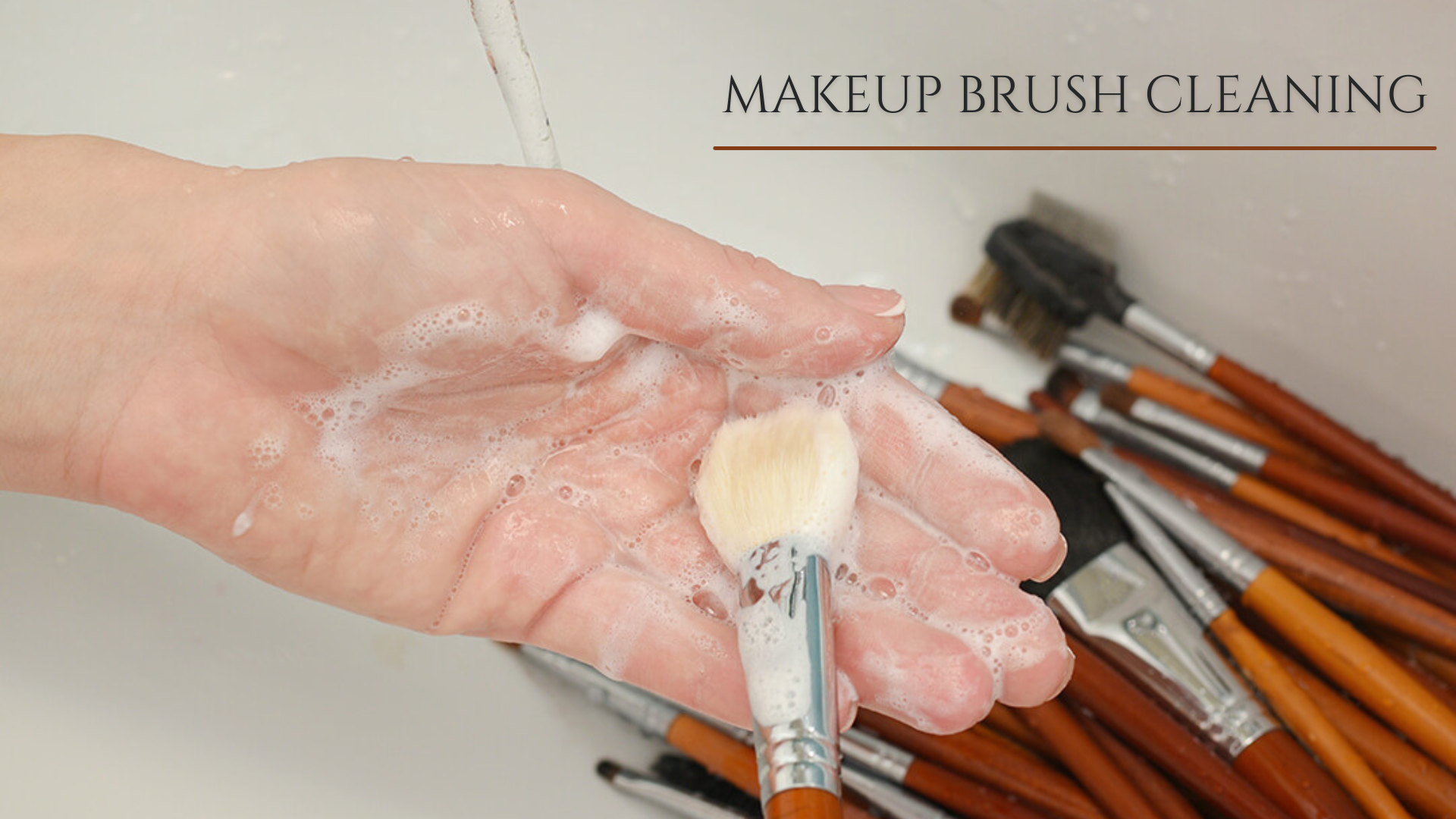
Dirty makeup brushes are a breeding ground for bacteria. When you’re working on multiple clients in a day, this isn’t just about aesthetics—it’s a health issue.
Here’s why every professional makeup artist must take hygiene seriously:
At Bela Beauty College, we teach every student from day one: a clean brush isn’t optional—it’s essential.
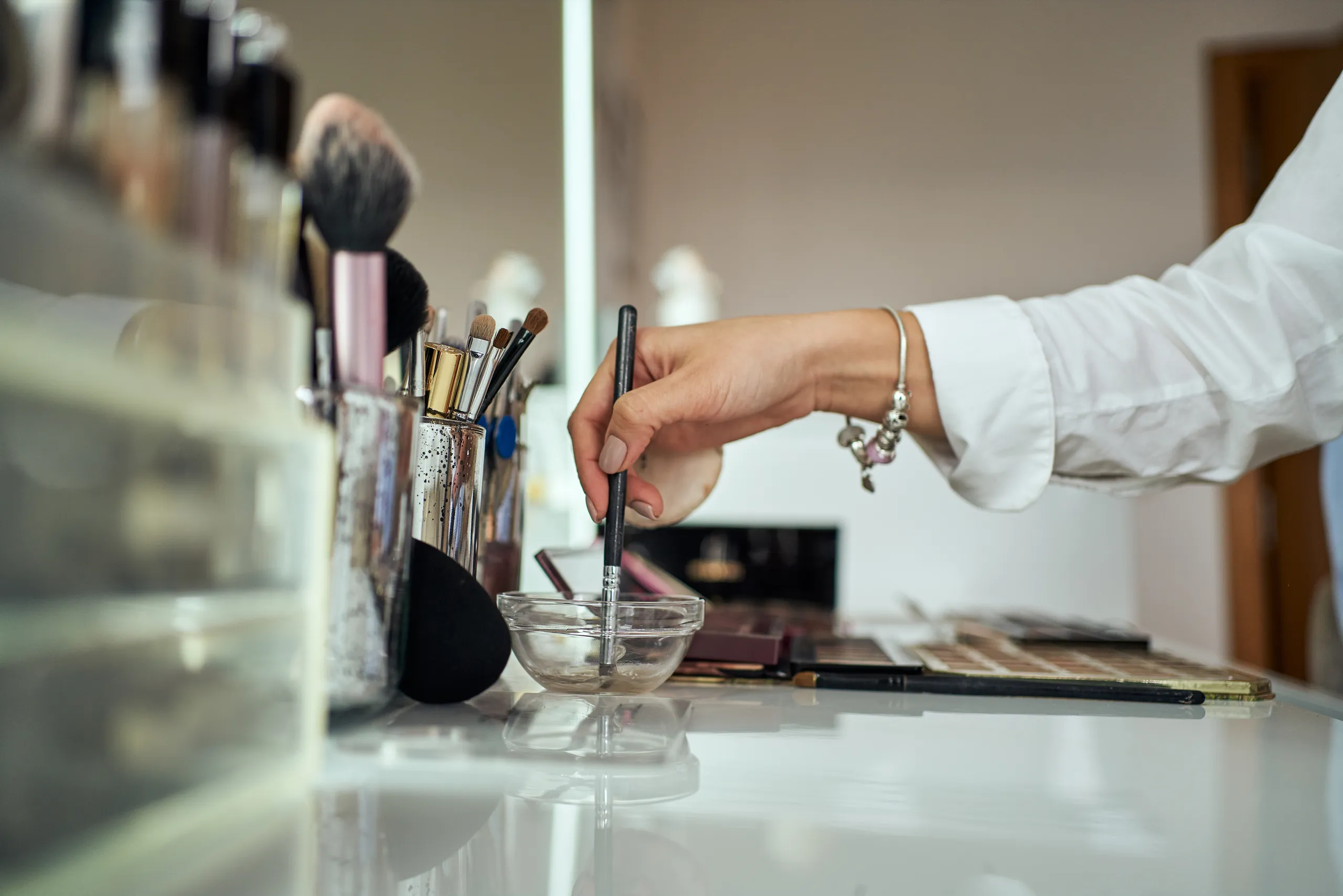
Makeup artists use quick, effective sanitising methods between clients to ensure tools are clean and safe for immediate reuse.
Standard spot-cleaning process includes:
For lip brushes or cream products:
These methods are fast, effective, and keep the brushes disinfected until a deeper clean can be done.
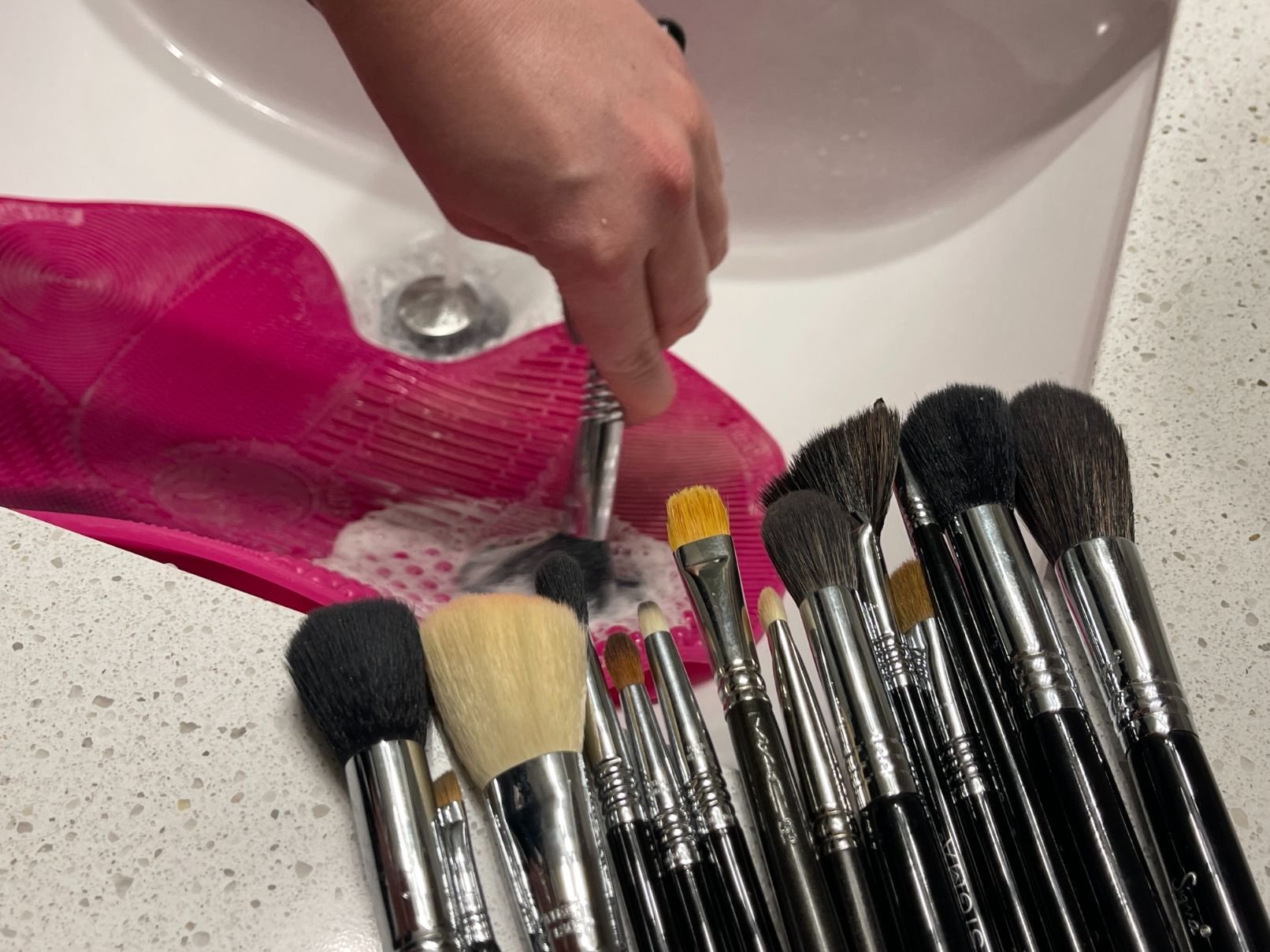
Sanitising goes beyond just wiping off pigment. You need to kill bacteria and viruses too.
Use these tools and techniques:
Pro Tip: Keep a sanitising station in your kit—compact, refillable, and easily accessible.
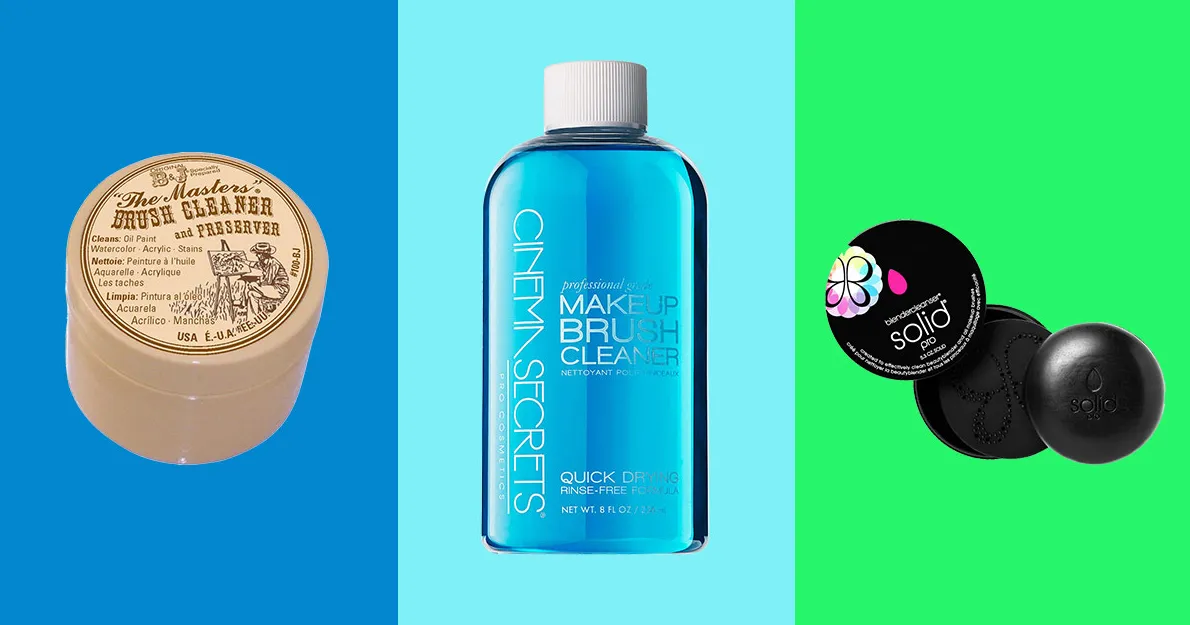
Not all brush cleaners are created equal. Some cleanse. Some sanitize. The best do both.
Top-rated professional brush cleaners:
For deep cleaning:
Eco Tools Makeup Brush + Sponge Shampoo (affordable and eco-friendly)
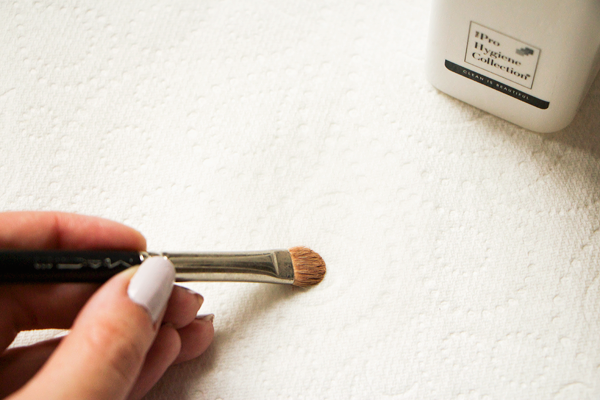
Use this when time is tight but hygiene is key.
You’ll need:
Steps:
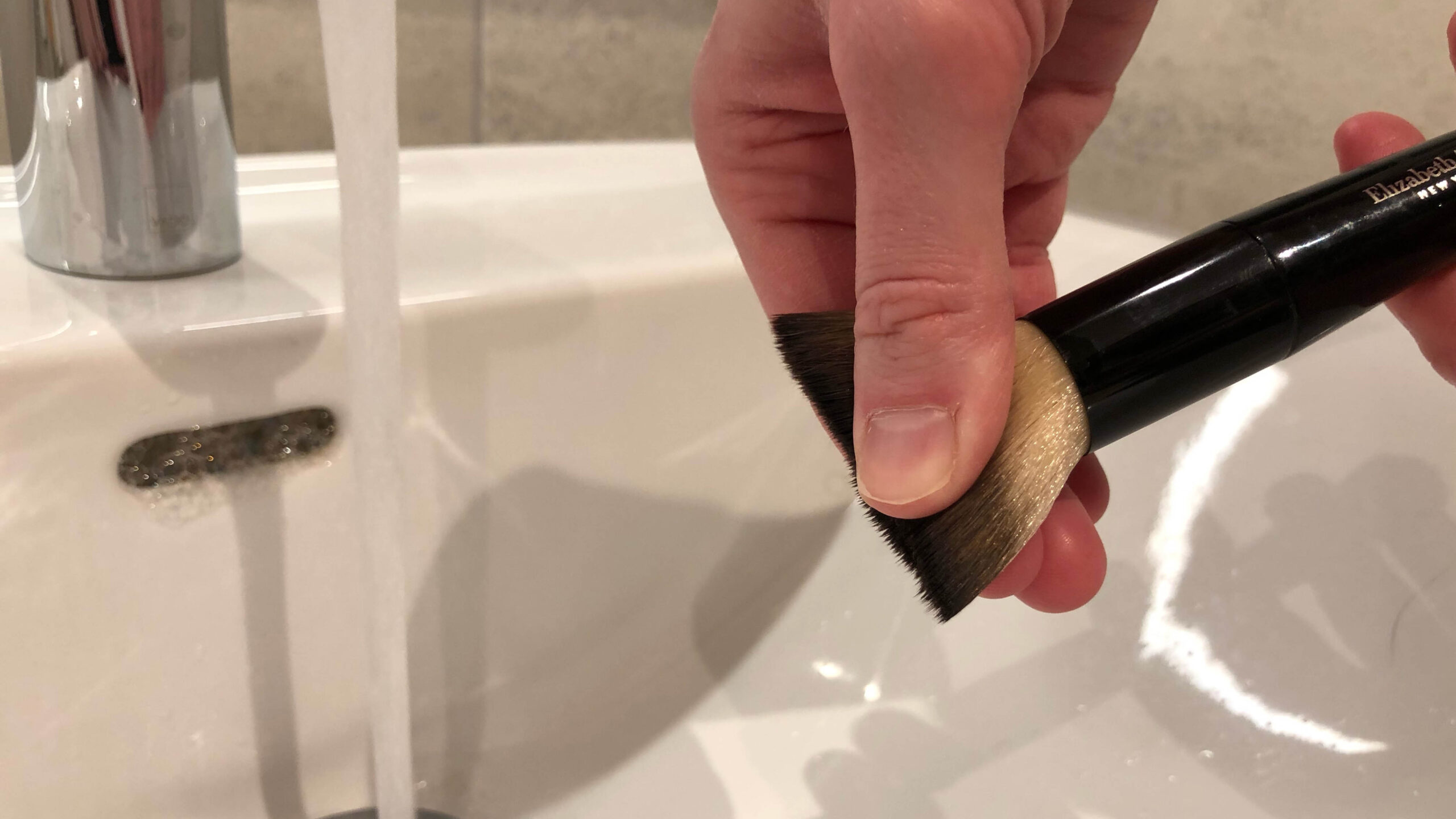
Essential for removing product buildup and bacteria from deep in the bristles.
You’ll need:
Steps:
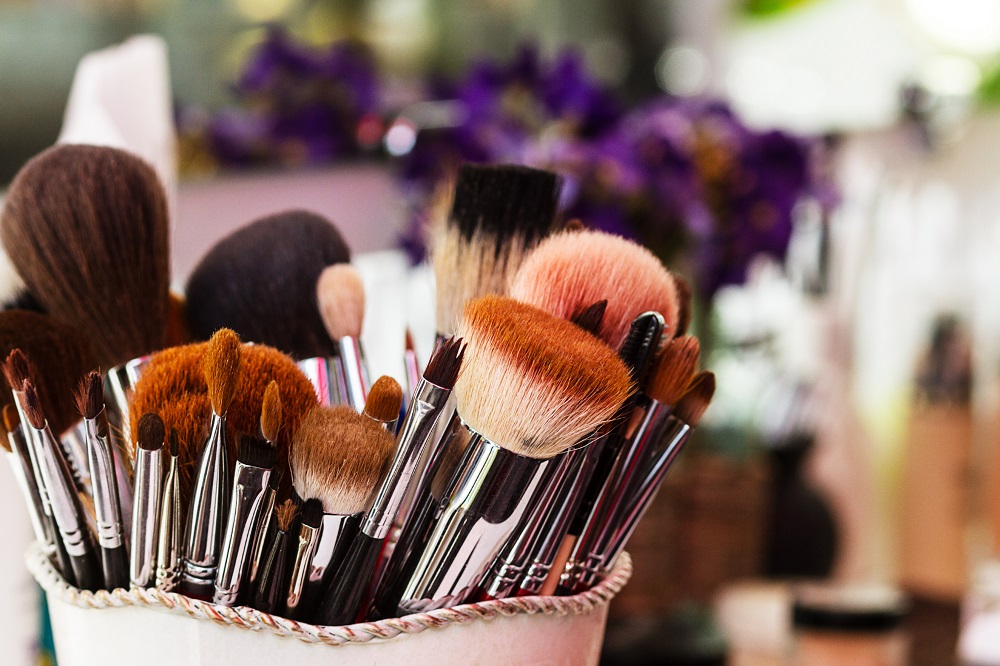
Whether you’re in a salon or home setup, the hygiene standard should be the same—but the approach may vary.
At home:
In a studio or on-site:
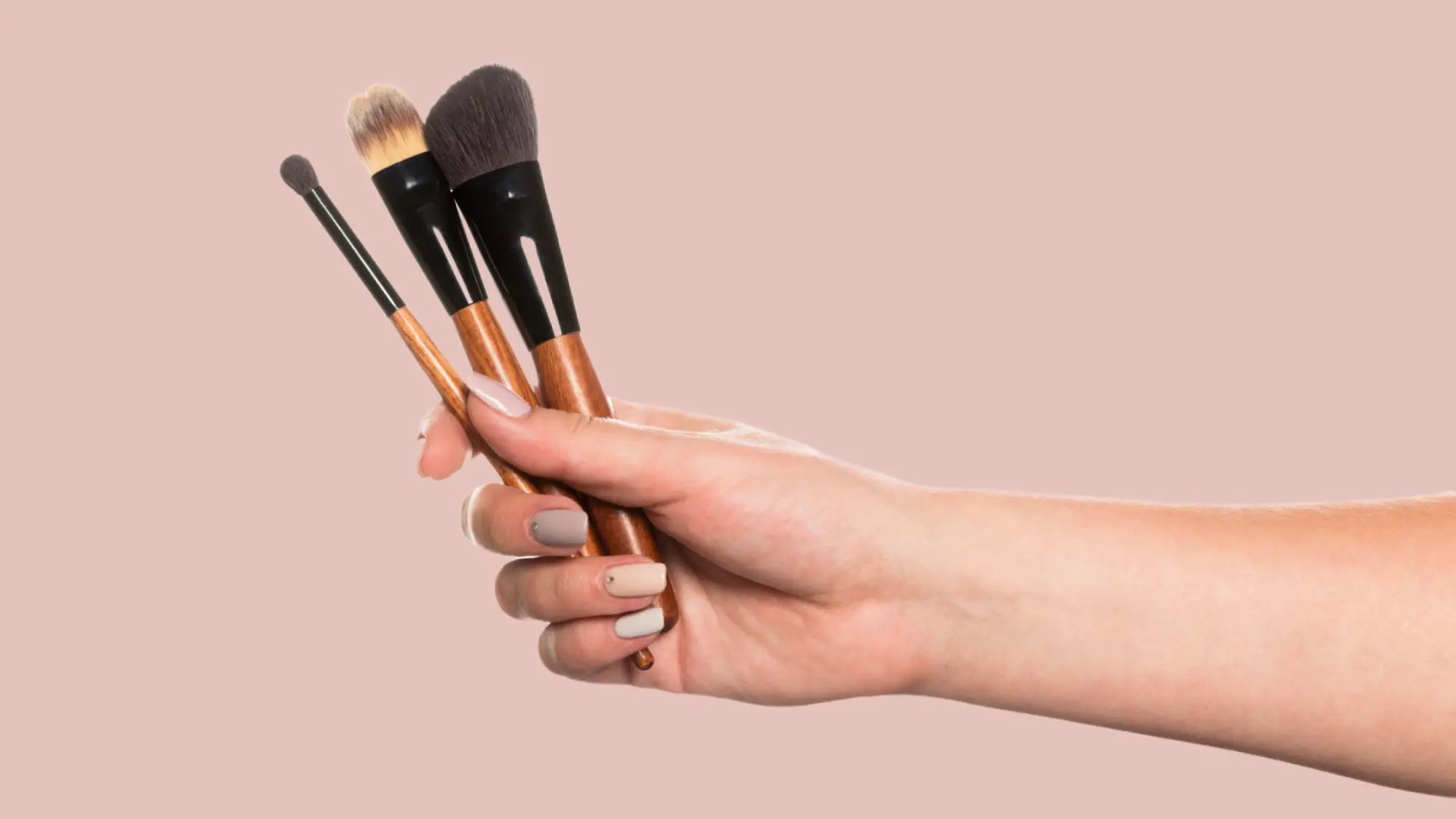
The frequency depends on usage, product type, and brush material.
General guidelines:
Natural bristle brushes: Clean gently and more often
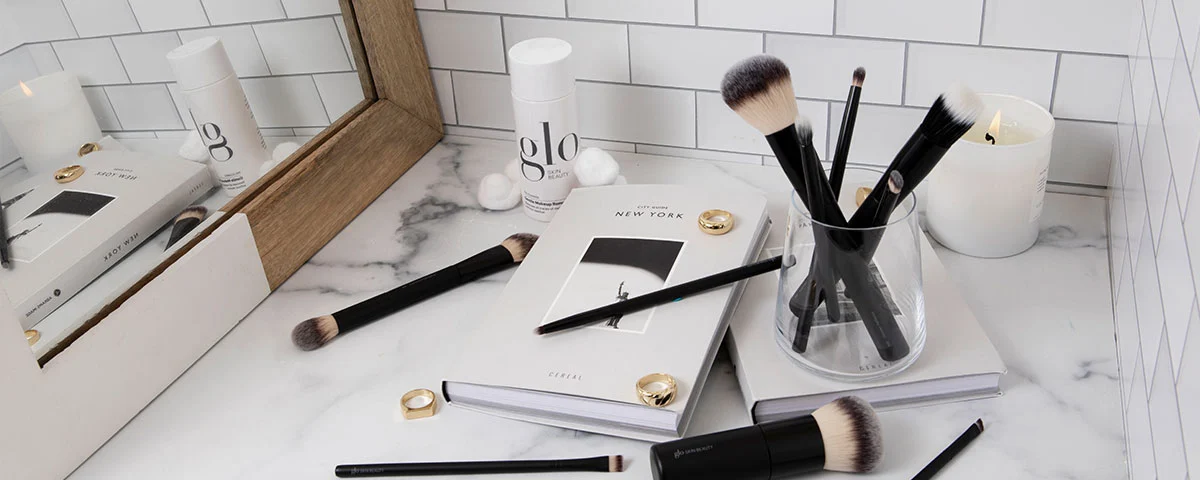
Brush hygiene doesn’t end with cleaning. Maintenance and usage matter too.
Brush Safety Tips:
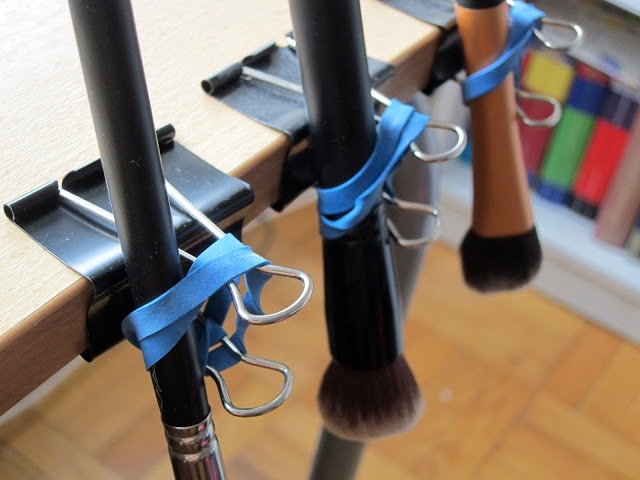
Improper drying can damage your brushes and harbor bacteria.
Best drying practices:
Storage Tips:
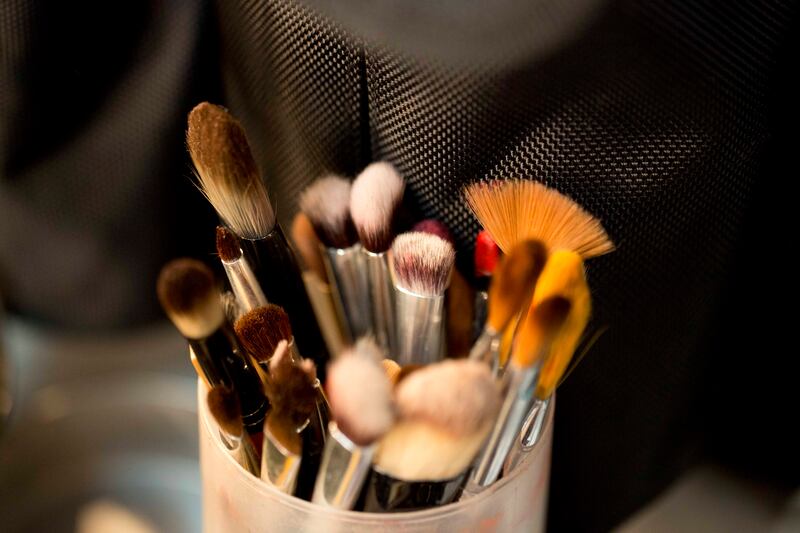
Even with perfect care, brushes have a lifespan.
Replace if you notice:
Pro Tip: Replace sponges more frequently, especially when used with liquid products.

Clients are increasingly aware of hygiene. Make it a selling point.
How to show your hygiene standards:
Clean your brushes in front of your clients
Explain your cleaning process as you work
Display certificates of sanitation or relevant training (like from Bela Beauty College)
Share your hygiene process on social media or your portfolio
Why this matters:
Builds trust
Sets you apart as a true professional
Increases client retention
Whether you’re just starting or looking to elevate your skills, maintaining high hygiene standards is non-negotiable. That’s why we encourage every aspiring artist to take our beginner and advanced courses in the makeup industry, where we cover not just artistry techniques but also professional hygiene practices that clients look for and respect.
Suite 7
144-156 George Street,
Fitzroy Victoria,
Australia 3065
1212-1175 Douglas Street 7
Victoria,
Canada V8W 2E1
6 Clayton Street
Newmarket, Auckland
New Zealand 1023
5th Floor
60 Cheapside
London EC2V 6AXa